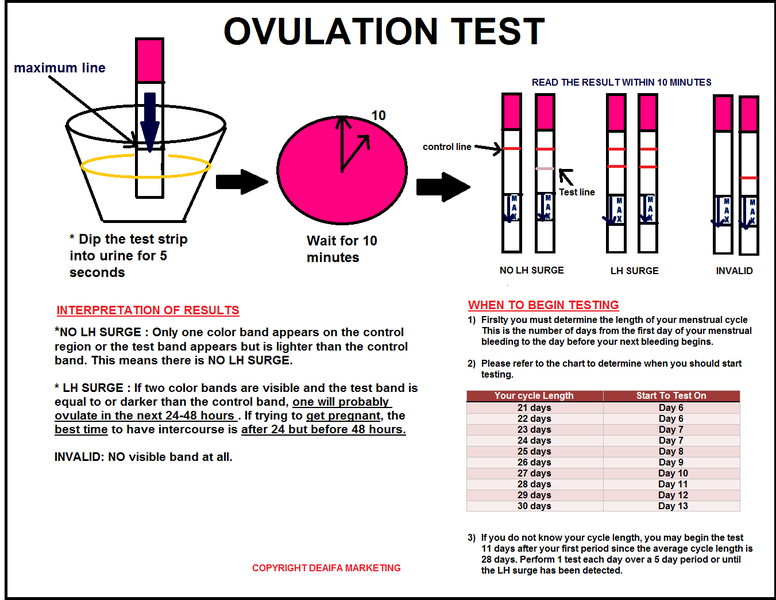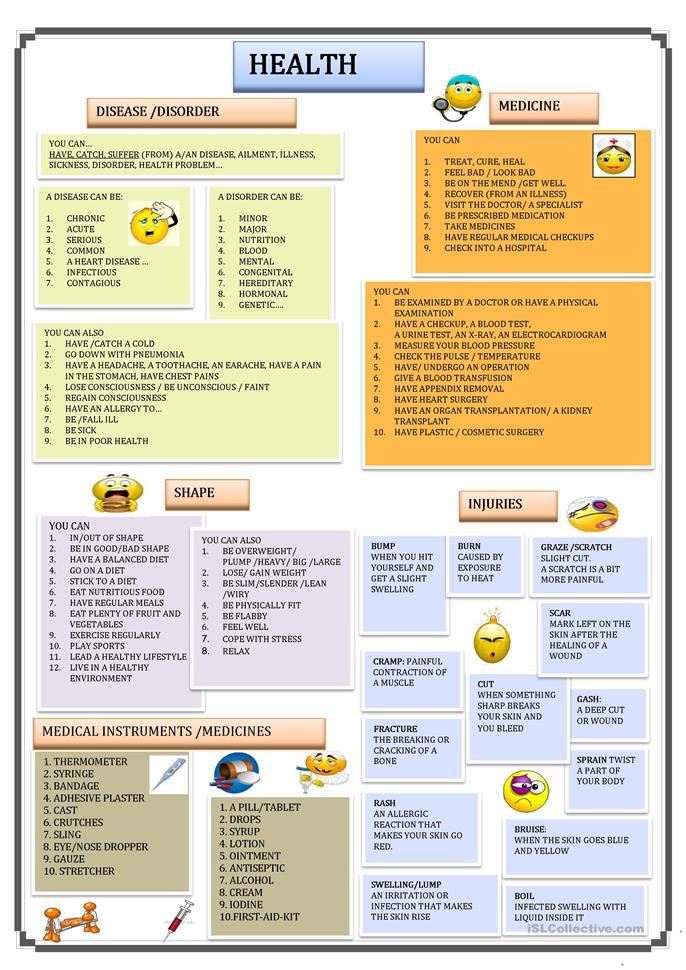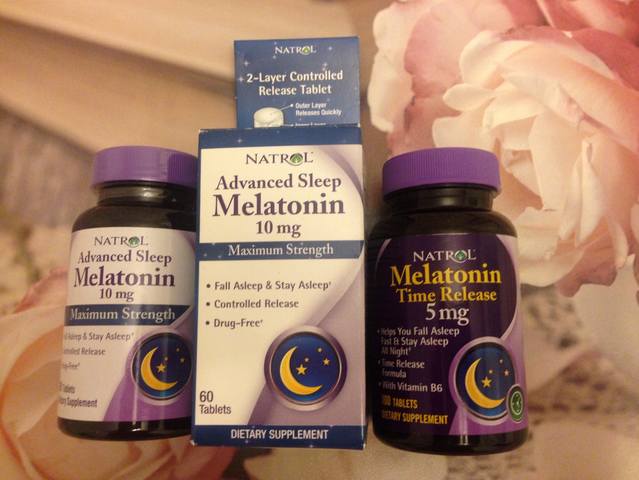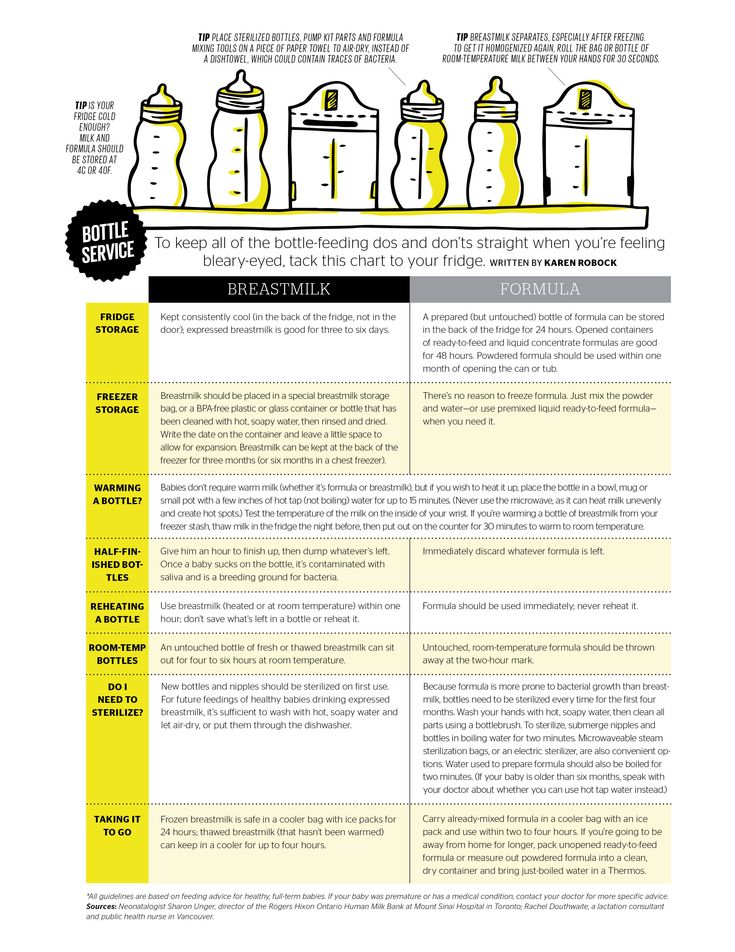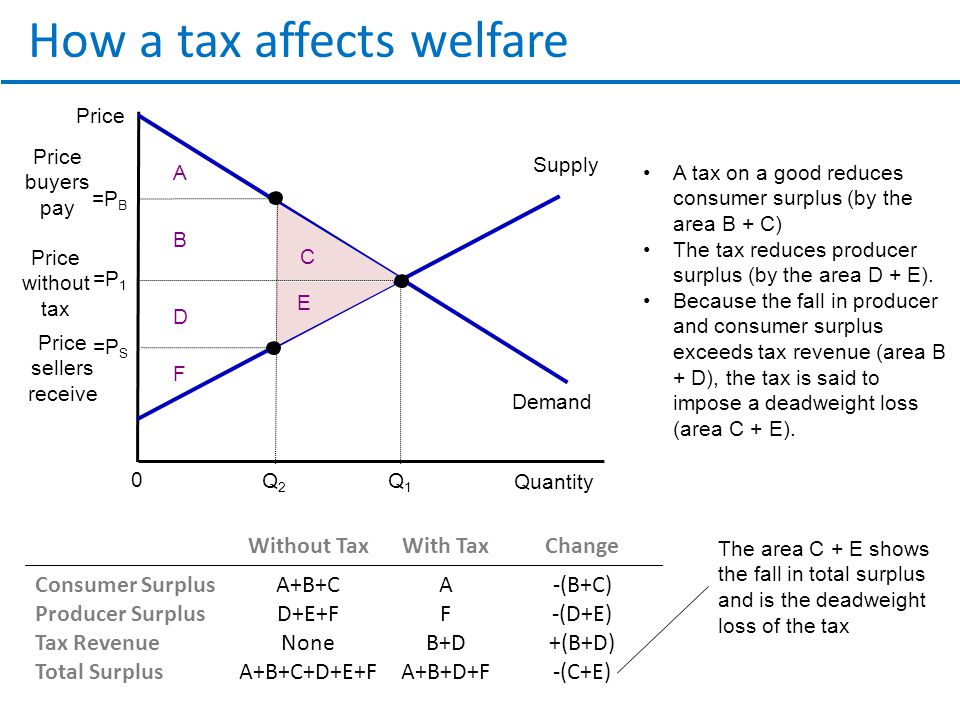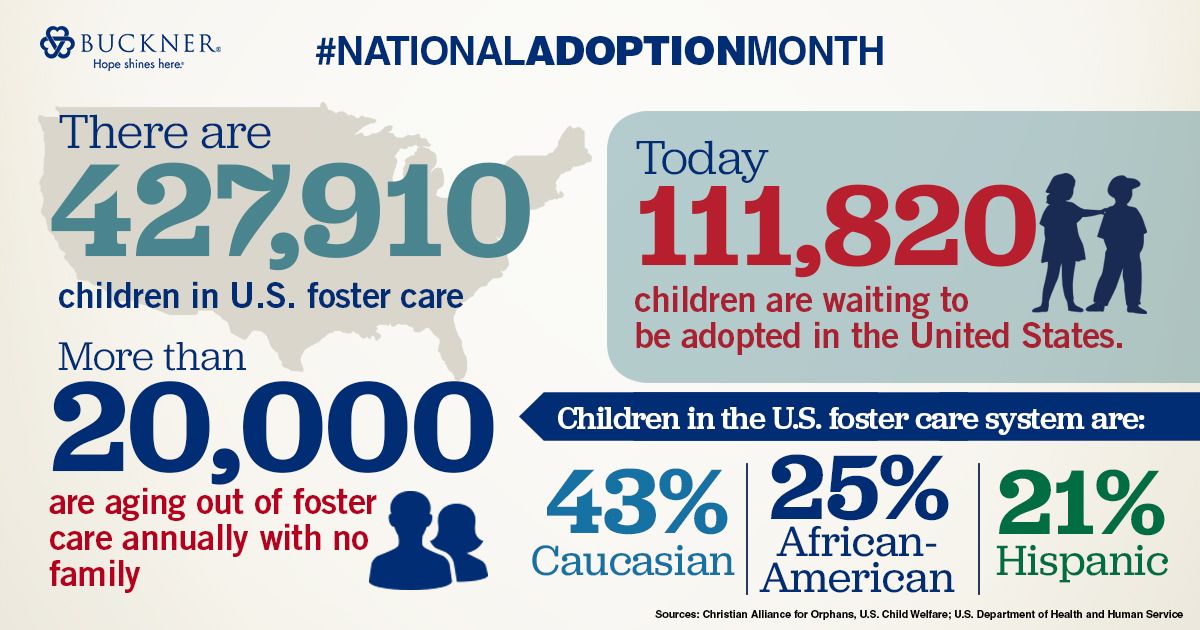How young can you give a child melatonin
Is Melatonin Safe for Kids?
Melatonin, a sleep hormone, is a natural part of the body’s sleep and wake system. Ongoing research shows that melatonin supplements can help adults manage certain sleep disorders.
Preliminary research also suggests that melatonin may aid children who are prone to sleep disorders. Children who have attention-deficit hyperactivity disorder (ADHD), asthma, or autism spectrum disorders (ASD) are more likely to have difficulty falling asleep than other children.
Because research on melatonin supplement use in children is limited, experts recommend you talk with your health care provider before giving your child melatonin.
What Is Melatonin?
Melatonin is a natural hormone secreted by the pineal gland in the brain as part of the body’s sleep initiation process. When you are exposed to darkness, your body makes more melatonin. When you are exposed to light, your body produces less melatonin.
Melatonin supplements can be made naturally from animal sources or created synthetically. It comes in pills, patches, and liquid forms.
In the United States, you can purchase melatonin dietary supplements as an over-the-counter sleep aid. In other countries, melatonin is more heavily regulated and classified as a drug that requires a prescription.
Melatonin supplementation has been shown to be an effective method for reducing symptoms of sleep disorders in adults. These disorders include jet lag and insomnia. Additional research is being done on the use of melatonin in adults with seasonal affective disorder and Alzheimer’s disease.
Can Melatonin Help Kids Fall Asleep?
If your child is struggling to fall asleep at night or get sufficient sleep, discuss the possibility of using melatonin supplements with your child’s health care provider. Melatonin is a possible short-term strategy for helping kids achieve quality sleep. Though research on the use of melatonin in children is limited, studies of select groups of children provide promising evidence of melatonin’s effectiveness in initiating sleep.
Melatonin and Children With ADHD
As many as 70% of children with ADHD experience sleep problems. They frequently experience excessive daytime sleepiness caused by initial insomnia, or difficulty falling asleep at night.
Studies show that children with ADHD who take melatonin experience improved sleep. One study found a reduction in insomnia, leading to children falling asleep an average of 16 minutes earlier.
Melatonin and Children With Autism Spectrum Disorders
Sleep disorders affect between 50% and 80% of children with autism spectrum disorders (ASD). Studies of melatonin use in children with ASD have found improved sleep onset and sleep quantity. Some children also experience improved daytime behavior, and there appear to be few to no side effects.
Is Melatonin Safe for Kids?
The U.S. Food and Drug Administration has not approved melatonin for use in children and adolescents with insomnia and other sleep disorders. However, some doctors do recommend melatonin for children sleeping poorly.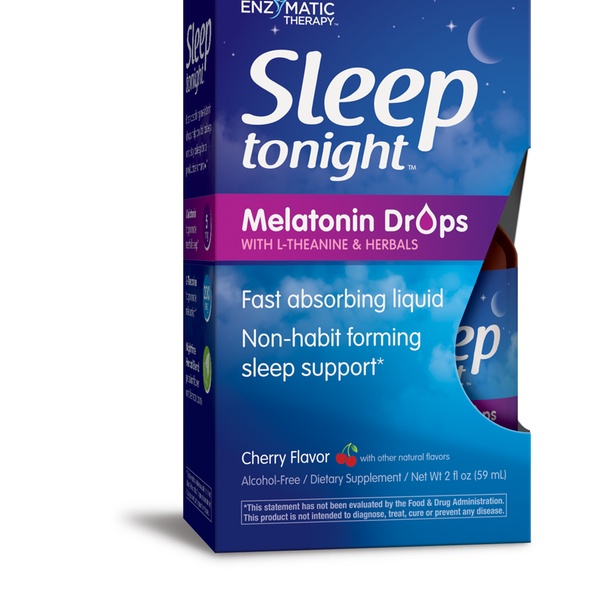 Use of melatonin in children is called “off label,” or using a drug for a purpose or group of people other than what is officially recommended. The potential risks and benefits of using melatonin should be discussed directly with your child’s pediatrician.
Use of melatonin in children is called “off label,” or using a drug for a purpose or group of people other than what is officially recommended. The potential risks and benefits of using melatonin should be discussed directly with your child’s pediatrician.
Side Effects of Melatonin
Melatonin is considered relatively safe for short-term use and has few risks. However, some children who take melatonin supplements may experience mild symptoms. These symptoms may include bedwetting, drowsiness, headaches, and agitation.
Currently, there is little research on the long-term effects of melatonin use in children. Some experts question if melatonin, because it is a hormone, can affect other hormonal development in adolescents. Further research must be conducted to more clearly understand the long-term effects of melatonin on children.
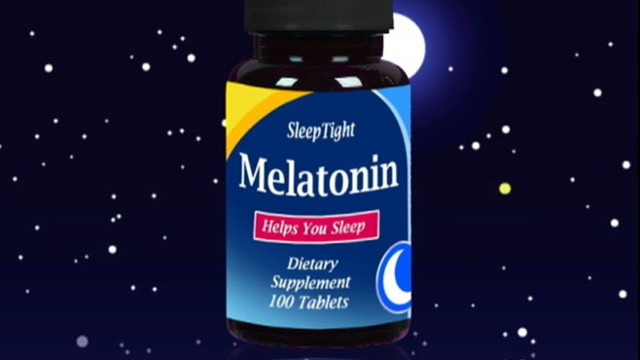 Food and Drug Administration (FDA). Shoppers should take additional measures to make sure they are purchasing reputable products.
Food and Drug Administration (FDA). Shoppers should take additional measures to make sure they are purchasing reputable products.
Is Melatonin Safe for Babies?
Melatonin is not recommended for infants. Melatonin concentrations are quite low in babies 3 months and younger, and their circadian systems are still developing. At this time, there are no long-term studies on melatonin use in babies.
If your infant struggles to sleep, talk to your pediatrician. They can help you identify possible causes and develop a treatment plan.
How Much Melatonin Is Too Much?
Melatonin doses for adults range from 1 to 5 milligrams taken a few hours before bedtime.
The recommended appropriate dosage of melatonin for children varies among experts, and depends on the age of the child and the sleep issue they are facing. Generally, dosages for children start at 1 to 2 milligrams.
There are no set guidelines for what time or how frequently children should take melatonin.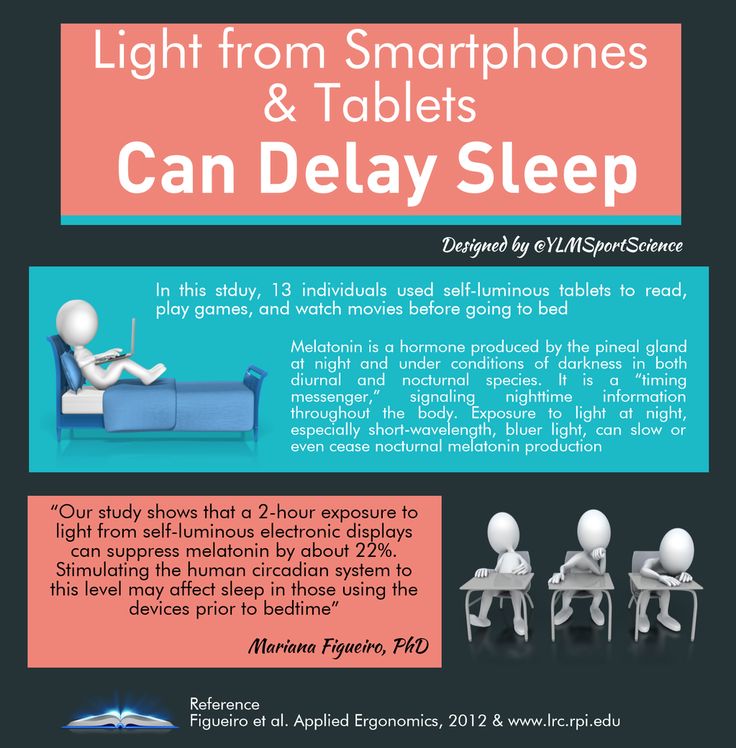 Consult your pediatrician to determine what dosage of melatonin and timing is right for your child.
Consult your pediatrician to determine what dosage of melatonin and timing is right for your child.
When to Talk to Your Doctor About Melatonin
Sleep is essential for children for a number of reasons. During sleep, the body releases growth hormones and repairs damaged tissue and muscle. Appropriate sleep in children is linked to positive school performance.
If your child is struggling to fall asleep or get sufficient sleep, talk to your health care provider. They can help identify the cause of sleeplessness. Common reasons for a lack of sleep in children include insomnia and delayed sleep-phase syndrome.
Practice Good Sleep Hygiene
Proper sleep hygiene can also improve sleep quality and quantity. Research shows that good sleep hygiene alone can eliminate pediatric insomnia in 50% of the instances in which melatonin is suggested for treatment. The combination of sleep hygiene and melatonin is more effective at improving sleep in children than melatonin alone.
A bedtime routine at a consistent time each night provides comfort to help your child fall asleep. Your bedtime routine can include soothing activities such as taking a bath and reading a book or singing lullabies.
Experts also recommend that parents limit their children’s use of electronics in the hours before bedtime. The blue light from devices, such as phones, tablets, TVs, and video game consoles, can delay the onset of natural melatonin release.
- Was this article helpful?
- YesNo
References
+13 Sources
-
1.
Shane-McWhorter, L. (2020, July). Melatonin. Merck Manual Consumer Version. Retrieved June 15, 2021, from https://www.merckmanuals.com/home/special-subjects/dietary-supplements/melatonin
-
2.
National Center for Complementary and Integrative Health. (2021, January). Melatonin: What you need to know. Retrieved June 15, 2021, from https://www.nccih.
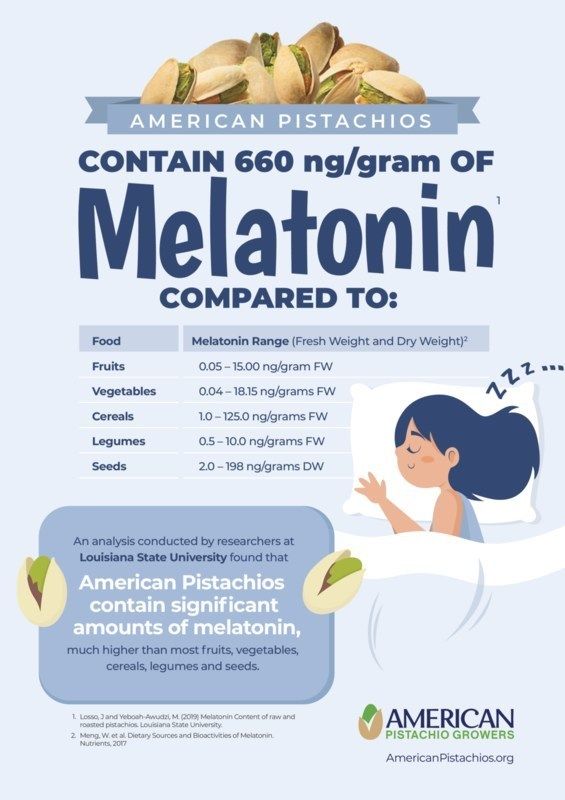 nih.gov/health/melatonin-what-you-need-to-know
nih.gov/health/melatonin-what-you-need-to-know -
3.
Masters, A., Pandi-Perumal, S. R., Seixas, A., Girardin, J. L., & McFarlane, S. I. (2014). Melatonin, the hormone of darkness: From sleep promotion to ebola treatment. Brain Disorders & Therapy, 4(1), 1000151. https://pubmed.ncbi.nlm.nih.gov/25705578/
-
4.
Savage, R. A., Zafar, N., Yohannan, S., & Miller, J. (2020). Melatonin. In StatPearls. StatPearls Publishing. https://www.ncbi.nlm.nih.gov/books/NBK534823/
-
5.
Shane-McWhorter, L. (2020, July). Melatonin. Merck Manual Professional Version. Retrieved June 15, 2021, from https://www.merckmanuals.com/professional/special-subjects/dietary-supplements/melatonin
-
6.
Esposito, S., Laino, D., D'Alonzo, R., Mencarelli, A., Di Genova, L., Fattorusso, A., Argentiero, A., & Mencaroni, E. (2019). Pediatric sleep disturbances and treatment with melatonin. Journal of Translational Medicine, 17(1), 77.
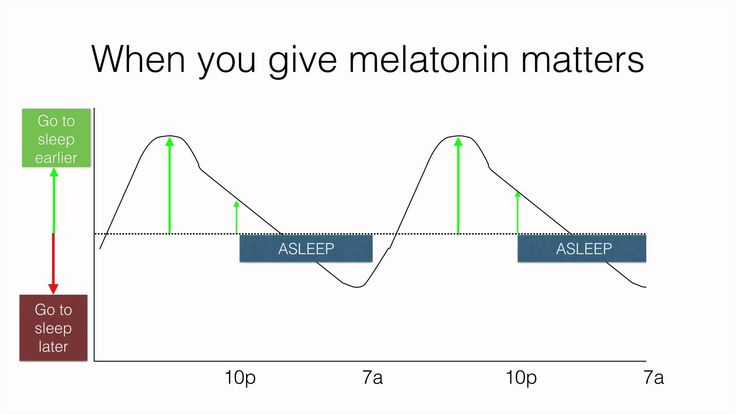 https://pubmed.ncbi.nlm.nih.gov/30871585/
https://pubmed.ncbi.nlm.nih.gov/30871585/ -
7.
Weiss, M. D., Wasdell, M. B., Bomben, M. M., Rea, K. J., & Freeman, R. D. (2006). Sleep hygiene and melatonin treatment for children and adolescents with ADHD and initial insomnia. Journal of the American Academy of Child & Adolescent Psychiatry, 45(5), 512–519. https://pubmed.ncbi.nlm.nih.gov/16670647/
-
8.
Rossignal, D. A., & Frye, R. E. (2011). Melatonin in autism spectrum disorders: A systematic review and meta-analysis. Developmental Medicine & Child Neurology, 53(9), 783–792. https://pubmed.ncbi.nlm.nih.gov/21518346/
-
9.
Janjua, I., & Goldman, R. D. (2016). Sleep-related melatonin use in healthy children. Canadian Family Physician/Medecin de Famille Canadien, 62(4), 315–317. https://pubmed.ncbi.nlm.nih.gov/27076541/
-
10.
Neubauer, D. N. (2022, May 18). Pharmacotherapy for insomnia in adults. In R. Benca & J. G. Elmore (Eds.
 ). UpToDate. Retrieved July 15, 2022, from https://www.uptodate.com/contents/pharmacotherapy-for-insomnia-in-adults
). UpToDate. Retrieved July 15, 2022, from https://www.uptodate.com/contents/pharmacotherapy-for-insomnia-in-adults -
11.
Owens, J. A. (2022, June 6). Pharmacotherapy for insomnia in children and adolescents: A rational approach. In R. D. Chervin (Ed.). UpToDate. Retrieved July 15, 2022, from https://www.uptodate.com/contents/pharmacotherapy-for-insomnia-in-children-and-adolescents-a-rational-approach
-
12.
Berring-Uldum, A., Debes, N., Pedersen, C. R., & Holst, H. (2018). Melatonin for children with insomnia. Ugeskrift for Laeger, 180(19), V08170628. https://pubmed.ncbi.nlm.nih.gov/29761771/
-
13.
Shechter, A., Kim, E. W., St-Onge, M-P., & Westwood, A. J. (2018). Blocking nocturnal blue light for insomnia: A randomized controlled trial. Journal of Psychiatric Research, 96, 196–202. https://pubmed.ncbi.nlm.nih.gov/29101797/
See More
Melatonin for Kids: What Parents Should Know About This Sleep Aid
By: Anna Esparham, MD, FAAP, DABMA, DABOIM
Trouble falling and staying asleep affects 15% to 25% of children and adolescents.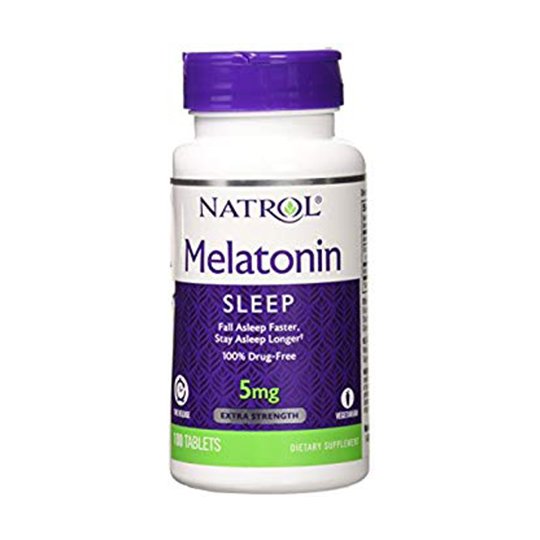 Not getting enough sleep can lead to some pretty difficult behaviors and health problems—crankiness, trouble paying attention, high blood pressure, weight problems and obesity, headaches and depression. Not surprisingly, many parents are searching for solutions to their child's sleep troubles, and some are considering dietary supplements like melatonin. Here's what you should know about these products.
Not getting enough sleep can lead to some pretty difficult behaviors and health problems—crankiness, trouble paying attention, high blood pressure, weight problems and obesity, headaches and depression. Not surprisingly, many parents are searching for solutions to their child's sleep troubles, and some are considering dietary supplements like melatonin. Here's what you should know about these products.
What is melatonin?
Melatonin is sold as a sleep aid. It can be found over the counter as a dietary supplement, which means you can buy it at the pharmacy or a health food store, without a prescription. Its use is not regulated by the Food and Drug Administration (FDA) or approved for that purpose.
Melatonin is a hormone-like substance produced by an area in the brain called the pineal gland. It is released naturally at night and tells the body it's time to sleep.
While melatonin plays a role in sleep, it is NOT a sleeping pill. It should only be used after a discussion with your pediatrician and pre-established healthy sleep habits that do not include medication.
Melatonin poisoning reports in children
As more families have turned to melatonin as a sleep aid, reports of poisonings in kids have rapidly increased. From 2012-2021, there were more than 260,000 child poisoning reports involving melatonin. In most cases, there were no symptoms and the children recovered. But some children needed hospital care and two children died. Because supplements are not regulated as medications in the U.S., some melatonin supplements also may contain serotonin or varying amounts of melatonin. The chewable tablet form that children often use have been found to have the most widely varying amounts of melatonin, sleep medicine experts said in a health advisory.
To prevent poisoning, store melatonin and all medicines, vitamins and dietary supplements in a safe place, away from children. For information about poison risks, visit the
Poison Control website or call 1-800-222-1222. If your child has collapsed, is having a seizure, trouble breathing or can't be awakened, call 911.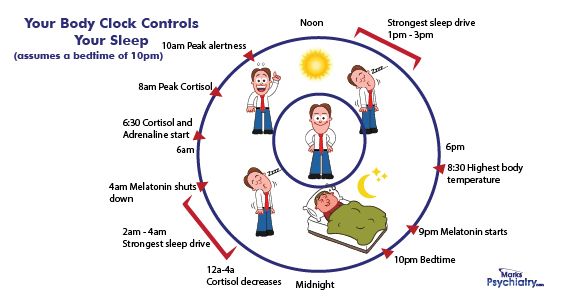
Good sleep habits are the best medicine.
Often, a child's sleep issues can be solved with good bedtime routines. What the actual routines are can be specific to your child and his or her age, but they should occur each night around the same time. This will help your child understand that it's time to settle down and get ready to sleep.
The key to successful sleep routines is consistency. When starting a new sleep routine, it may take a while to get established. But don't give up! Routines are great for kids and well worth the time it takes to get them going.
Does blue light affect sleep?
Blue lights (as from tablets, e-readers, or smartphones) have a short wavelength that affects levels of melatonin more than any other wavelength does. The blue light fools the brain into thinking that it is daytime―making us feel more alert when we should be feeling sleepy since we're lying in bed. Over time, this wreaks havoc on our body's natural production of melatonin.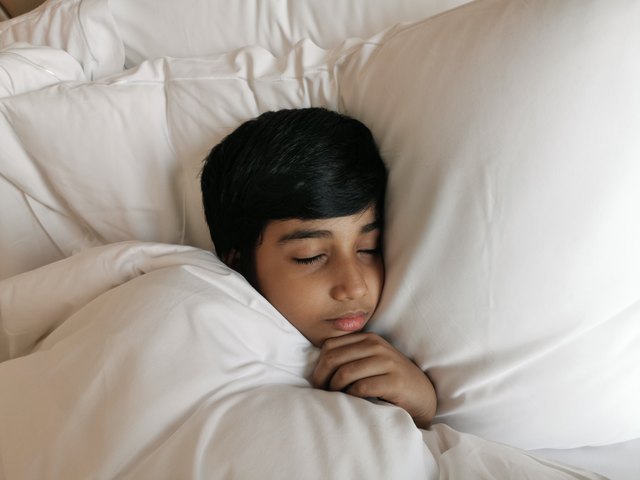 The American Academy of Pediatrics recommends avoiding exposure to screens for at least 1 hour before going to bed. Using devices past bedtime, especially for violent video games or shows, can also interfere with sleep.
The American Academy of Pediatrics recommends avoiding exposure to screens for at least 1 hour before going to bed. Using devices past bedtime, especially for violent video games or shows, can also interfere with sleep.
If no matter how hard you try, you are unable to establish a good bedtime routine for your child, talk with your pediatrician to see if there are any other issues that might be causing your child's sleep difficulties.
What parents should know about melatonin
Melatonin may be a
short-term way to help some kids get rest while you keep trying to establish good bedtime routines. It may also help some older children and teens reset sleep schedules―such as after vacations, summer breaks, or other interruptions. Most teens, after all, require more sleep―not less. Getting enough sleep each night can be hard for teens whose natural sleep cycles make it difficult for them to fall asleep before 11 p.m.―and who face a first-period class at 7:30 a.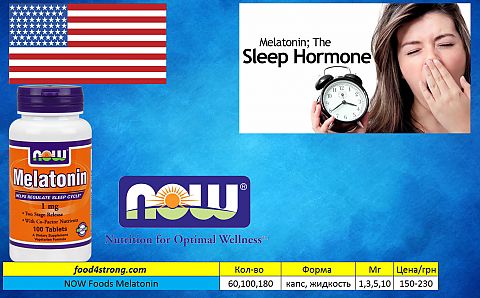 m. or earlier the next day; this is where melatonin may help.
m. or earlier the next day; this is where melatonin may help.
Melatonin may also help children with neurodevelopmental disorders such as autism or attention-deficit hyperactivity disorder (ADHD). It's use in these circumstances should be carefully monitored a child's pediatrician.
If you're considering melatonin for your child, decide with your pediatrician―cautiously and carefully.
Melatonin comes in several forms―liquids, gummies, chewable, capsules and tablets―all with varying dosages. And since there are no specific guidelines on melatonin dosing for children, it can be confusing.
The quality may not be the same for all melatonin products. It is not possible to tell how much melatonin you are getting. Also, there may be other ingredients in the products that can interact with other medicines or supplements you are taking. Look for supplements with "USP Verified" on the label. This mark indicates that the product contains the ingredients that are listed on the label, in that potency and amount.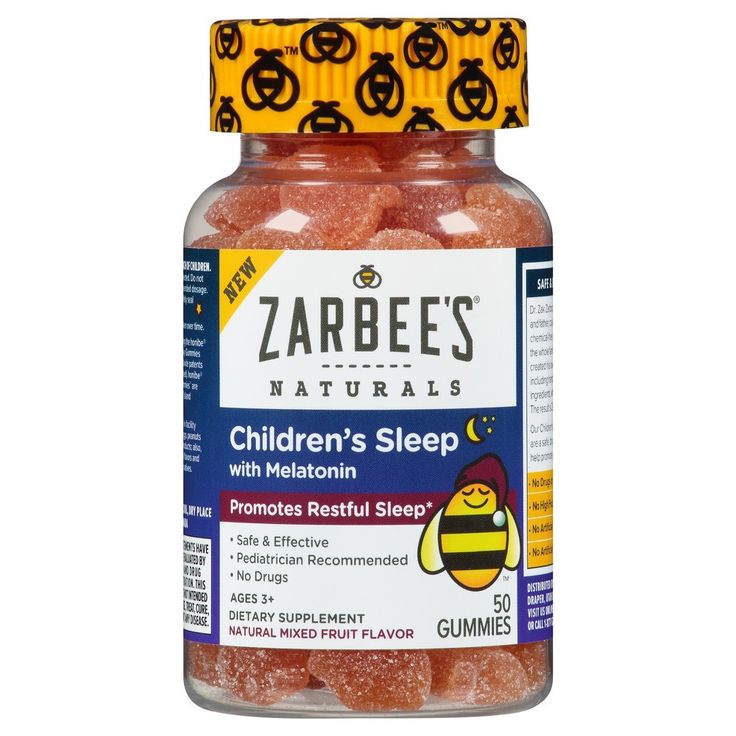
The melatonin dosage and timing depend on why and how you plan to use it.
Start with the lowest dosage. Many children will respond to a low dose (0.5 mg or 1 mg) when taken 30 to 90 minutes before bedtime. Most children who do benefit from melatonin―even those with ADHD―don't need more than 3 to 6 mg of melatonin.
Always talk with your pediatrician about the proper dose and timing of melatonin. And remember, melatonin should not be a substitute for a good bedtime routine.
We need more research on the use and safety of melatonin in children.
While studies have shown that short-term use is relatively safe, less is known about longer uses of melatonin. For example, there are concerns about how it might affect a child's growth and development, particularly during puberty. Studies have also found that morning sleepiness, drowsiness, and possible increased
urination at night are the most common side effects that occur while taking melatonin.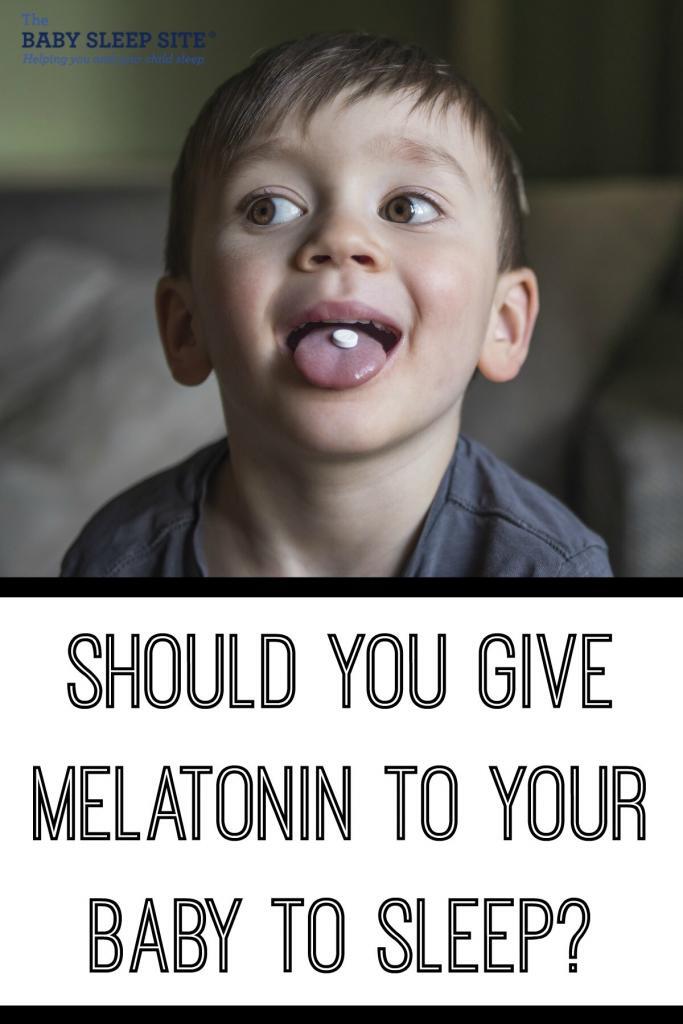 Further, melatonin may
interact with other medicines a child takes.
Further, melatonin may
interact with other medicines a child takes.
More information
- Sleep Tips for Your Family's Mental Health
- Healthy Sleep Habits: How Many Hours Does Your Child Need?
- Give Your Child's Eyes a Screen-Time Break: Here's Why
- Melatonin: In Depth (National Center for Complementary and Integrative Health)
About Dr. Esparham:
Anna Esparham, MD, FAAP, DABMA, DABOIM, is a triple-board certified physician in pediatrics, medical acupuncture, and integrative medicine. She is the founder of the Health Is PowHer Podcast and a headache pain specialist at a pediatric academic medical center. Within the American Academy of Pediatrics, she is an executive committee member on the Section of Integrative Medicine (SOIM). |
The information contained on this Web site should not be used as a substitute for the medical care and advice of your pediatrician.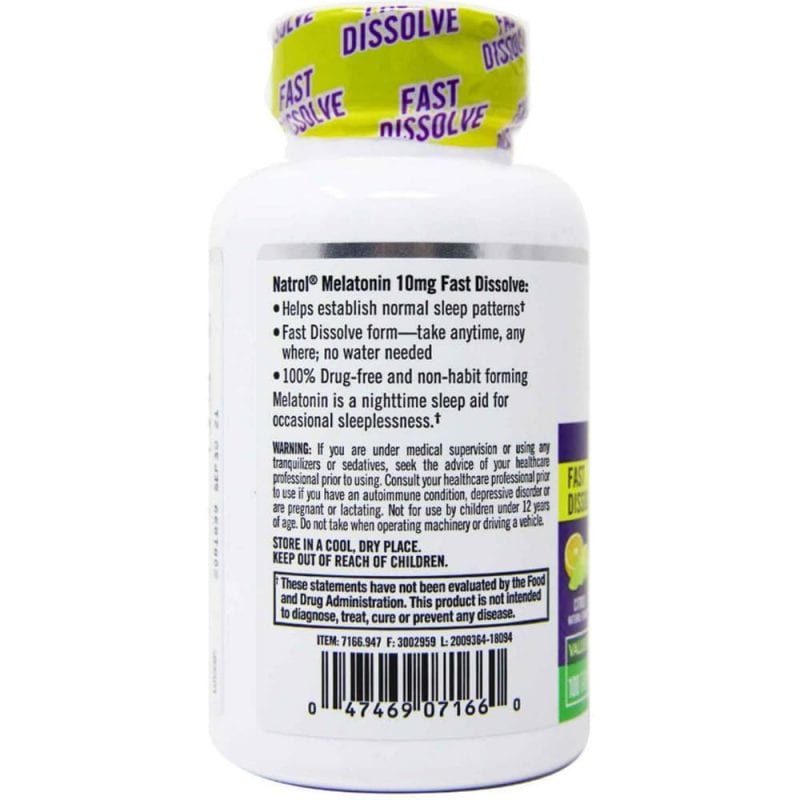 There may be variations in treatment that your pediatrician may recommend based on individual facts and circumstances.
There may be variations in treatment that your pediatrician may recommend based on individual facts and circumstances.
is it possible for children and pregnant women
Melatonin is the hormone responsible for regulating the rhythm of sleep and wakefulness. It is produced by the pineal gland, a small endocrine gland located in the brain. Melatonin in the required amount is produced and released under several conditions: darkness and silence.
Contents:
-
Do I need to take melatonin
-
Can melatonin be given to children?
-
Can melatonin be taken by pregnant women?
-
Release form and composition
-
pharmachologic effect
-
Pharmacokinetics and pharmacodynamics
-
Indications for use
-
Contraindications
-
Side effects
-
Method of application and dosage
-
Overdose
Do I need to take melatonin
This drug is considered an effective natural remedy for insomnia. Taking melatonin may seem completely safe, because this substance is constantly produced and contained in the body.
Taking melatonin may seem completely safe, because this substance is constantly produced and contained in the body.
However, it’s still not worth it to “sit down” on taking melatonin and treat it lightly, as it:
-
Is a hormone. Uncontrolled use of the drug can lead to an imbalance in the body.
-
It does not help to fall asleep in the usual sense of the word, but only regulates the phases of sleep and wakefulness.
-
Has an effect on immunity. Melatonin protects the body from the effects of free radicals. This task is handled by the amount of hormone that is produced normally. Supplementing with melatonin can lead to unforeseen effects on the immune system.
-
It can aggravate insomnia, because with constant use, a person gets used to an increased amount of melatonin.
Can children take melatonin
It is not uncommon for parents to report that their children have trouble falling asleep.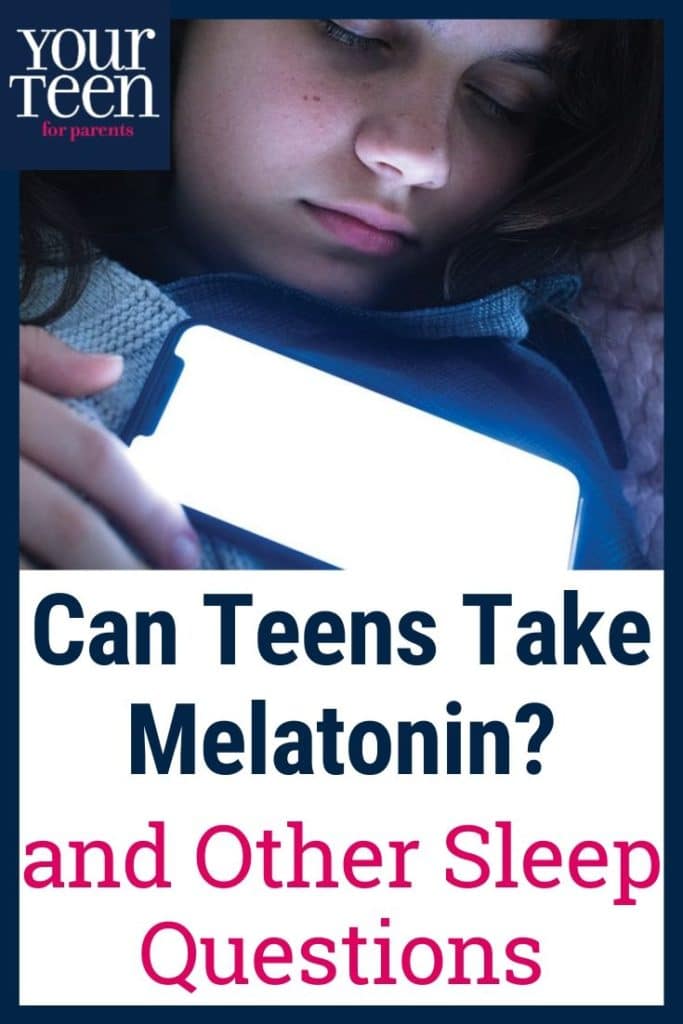 Lack of sleep in children and adolescents can lead to hyperactivity, increased fatigue, and school failure. However, the problem can often be solved without using special preparations: observe the daily routine, darken the room 2-3 hours before bedtime, and refuse to watch TV in the evening.
Lack of sleep in children and adolescents can lead to hyperactivity, increased fatigue, and school failure. However, the problem can often be solved without using special preparations: observe the daily routine, darken the room 2-3 hours before bedtime, and refuse to watch TV in the evening.
If you can’t cope on your own, parents should consult a doctor. Melatonin can be taken by children, but only if there are unconditional indications. Only a specialist should prescribe the drug to a child and select an individual dosage.
Can pregnant women take melatonin
During pregnancy, the body's need for sleep increases. A woman needs a longer and better rest. Melatonin is produced by the placenta, and in an amount exceeding the epiphysial.
Thus, the body has already taken care of sufficient provision of melatonin to the pregnant woman. Therefore, the advisability of additional hormone intake raises questions among specialists.
However, sometimes insomnia overtakes women in position.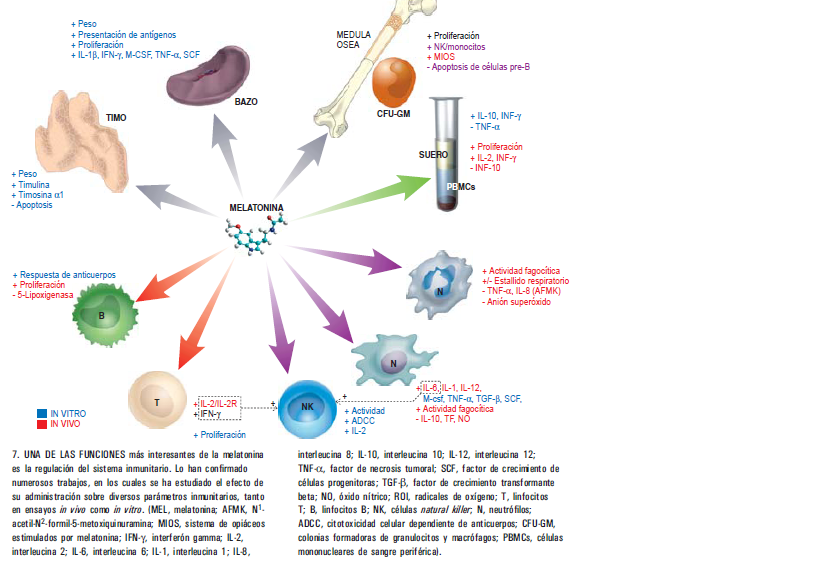 In this case, the specialist may advise taking melatonin in a small dosage.
In this case, the specialist may advise taking melatonin in a small dosage.
Form and composition
Melatonin is available in the form of film-coated tablets. In their composition, in addition to the direct active substance - the hormone itself - they contain a number of auxiliary components: microcrystalline cellulose, magnesium stearate, etc.
Pharmacological action
The drug provides a hypnotic effect. Its reception helps to naturally normalize sleep and wakefulness, fall asleep quickly, and also wake up easily. In addition, melatonin makes it possible to fall asleep at an unusual time for a person, which is useful for those who often change time zones. The drug also improves the quality of sleep: reduces anxiety, reduces the number of awakenings and restless dreams.
Pharmacokinetics and pharmacodynamics
Melatonin begins to act 1-2 hours after ingestion. This drug is well absorbed in the gastrointestinal tract, but it should be remembered that food intake, accompanying the drug, can slow down its entry into the body.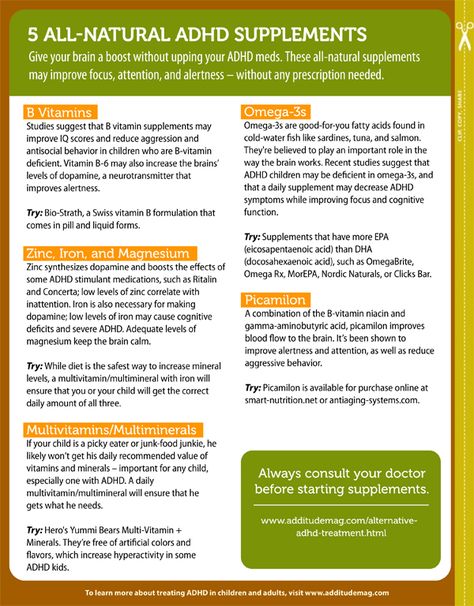
Melatonin crosses the blood-brain barrier. The elimination half-life is about 45 minutes. It is excreted by the body with the kidneys in an altered form.
Indications for use
The drug is prescribed if there are complaints about:
The drug is recommended for people who had to drastically change the time zone: with its help, it will be easier for the body to tune in to a new sleep and wakefulness regimen. In addition, melatonin may be prescribed for sleep problems in the elderly.
Contraindications
The drug is contraindicated in:
-
Individual intolerance to the components.
-
The presence of autoimmune diseases.
-
Severe renal and hepatic insufficiency.
-
Some cancers.
Children's age and period of pregnancy, as well as breastfeeding, are also indicated in the contraindications section. Therefore, taking the drug in these cases is possible only as directed by a doctor.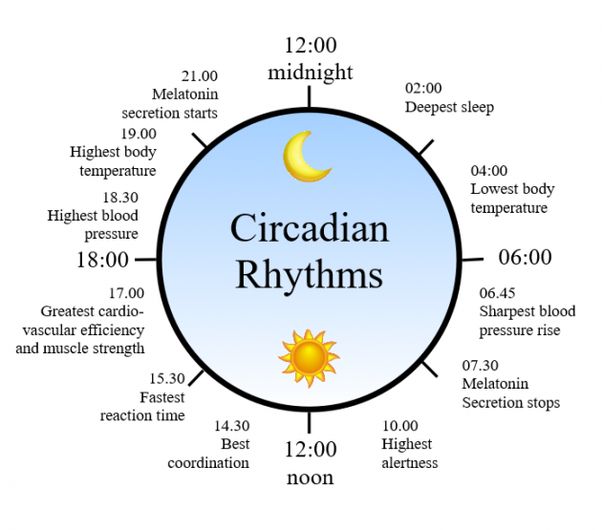
Melatonin should be taken with caution and for those who, by the nature of their activity, must concentrate, for example, drivers.
Side effects
Melatonin is rarely associated with side effects. The patient may note the appearance of an allergic reaction, headache, increased pressure and other reactions. If side effects of the drug are detected, it should be discontinued and consult a specialist.
Method of administration and dosage
Melatonin is taken orally with a small amount of water 30-40 minutes before bedtime. The dose is selected by the attending physician. The maximum daily dosage is 6 mg.
Overdose
Sufficient information on melatonin overdose is not available. Taking more than 24 mg of the drug was accompanied by prolonged sleep, inhibition of reactions. In case of overdose, gastric lavage and enterosorbents are recommended.
Melatonin is an effective means of combating insomnia and other problems associated with sleep and wakefulness.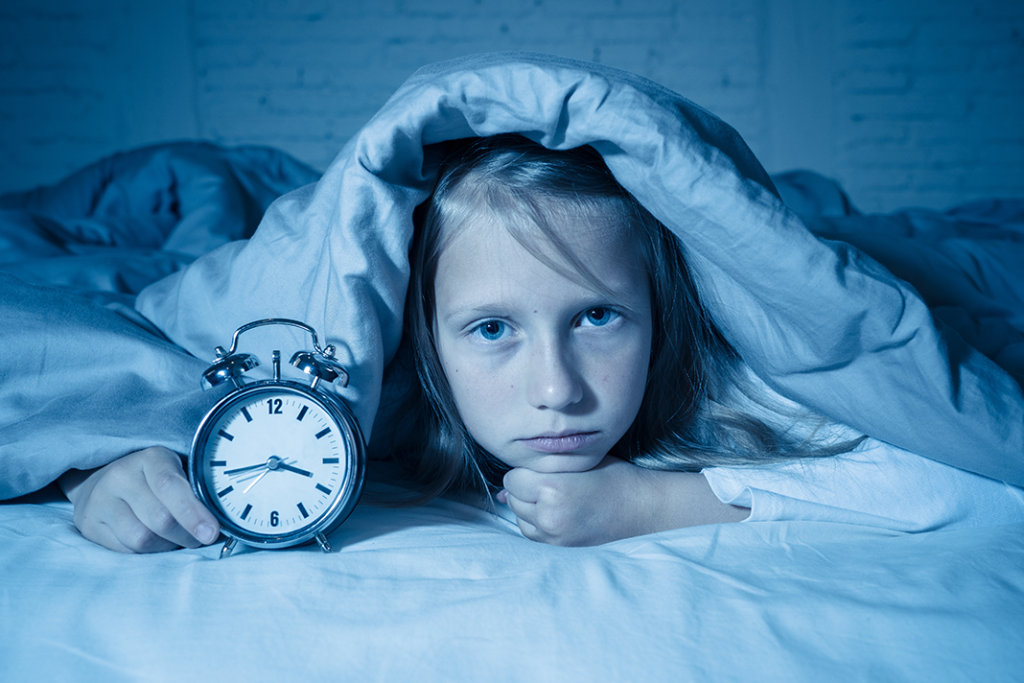 This is a serious hormonal drug, so do not self-medicate. The dosage and duration of administration should be determined exclusively by the attending physician.
This is a serious hormonal drug, so do not self-medicate. The dosage and duration of administration should be determined exclusively by the attending physician.
07.07.16
Guide for parents of children with autistic spectrum disorders (RAS)
Source: Autism Speaks
9000 9000 9000
Children with autism often are having trouble sleeping. Working on sleep routines and sleep-related habits helps improve the sleep of most children, including children with ASD. However, some children with ASD continue to have trouble sleeping even after developing good sleep habits. Melatonin is a drug that is often suggested by doctors to improve sleep. This guide has been created to provide parents with more information about melatonin.
What is melatonin?
Melatonin is a hormone produced in the pineal gland of the brain. It is an important part of our body's internal clock system.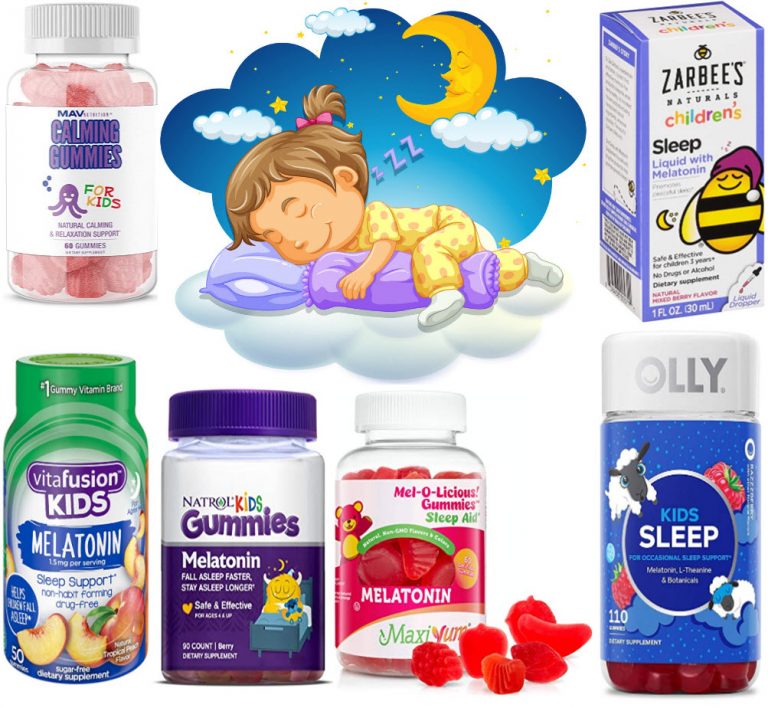 This system tells the body when to sleep and when to wake up. Melatonin levels usually begin to rise in the early evening and peak after midnight. By the morning it decreases and remains low during the day. Melatonin is also important for other time-related changes, such as the change of seasons or the onset of puberty.
This system tells the body when to sleep and when to wake up. Melatonin levels usually begin to rise in the early evening and peak after midnight. By the morning it decreases and remains low during the day. Melatonin is also important for other time-related changes, such as the change of seasons or the onset of puberty.
Melatonin is produced by the brain in response to changes in light. Melatonin is sometimes referred to as the "hormone of darkness" because when the light is reduced, for example, in the evening, its level rises. Melatonin levels decrease in bright light, such as in the morning.
Why can melatonin supplements help children with autism spectrum disorder (ASD)?
Children and adolescents with ASD often experience sleep problems: about two-thirds of them suffer from sleep disorders. These disorders include difficulty falling asleep, waking up at night, and waking up too early in the morning.
Low or fluctuating melatonin levels in people with ASD may be part of the problem, although this assumption needs further study.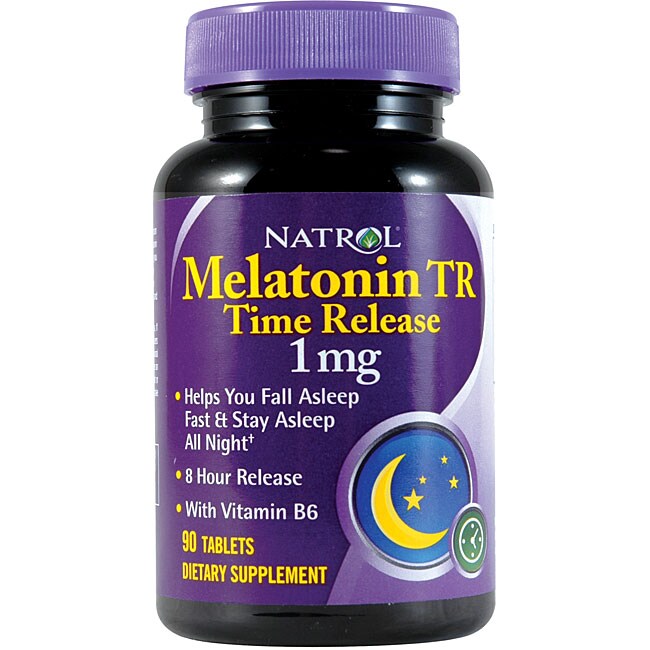 Taking melatonin helps some children with ASD sleep better. If establishing a routine before going to bed doesn't improve a child's sleep, then melatonin may improve their falling asleep.
Taking melatonin helps some children with ASD sleep better. If establishing a routine before going to bed doesn't improve a child's sleep, then melatonin may improve their falling asleep.
No information is available on the effect of melatonin on the sleep of children with ASD younger than 2 years of age.
How is melatonin used?
Melatonin is taken by mouth to relieve sleep problems. Melatonin supplements are used to adapt to jet lag, and are sometimes taken by people who work night shifts to make it easier to sleep during the day. It can also be taken by people who only get to sleep very late at night. The main idea here is that the extra melatonin attaches itself to the brain's natural melatonin and resets the internal clock, improving sleep.
Melatonin is only present in the blood for a short period of time, so it is taken orally every night. It is taken approximately 30 minutes before the desired bedtime, starting at low or varying dosages (0.5mg to 1mg) regardless of age or weight.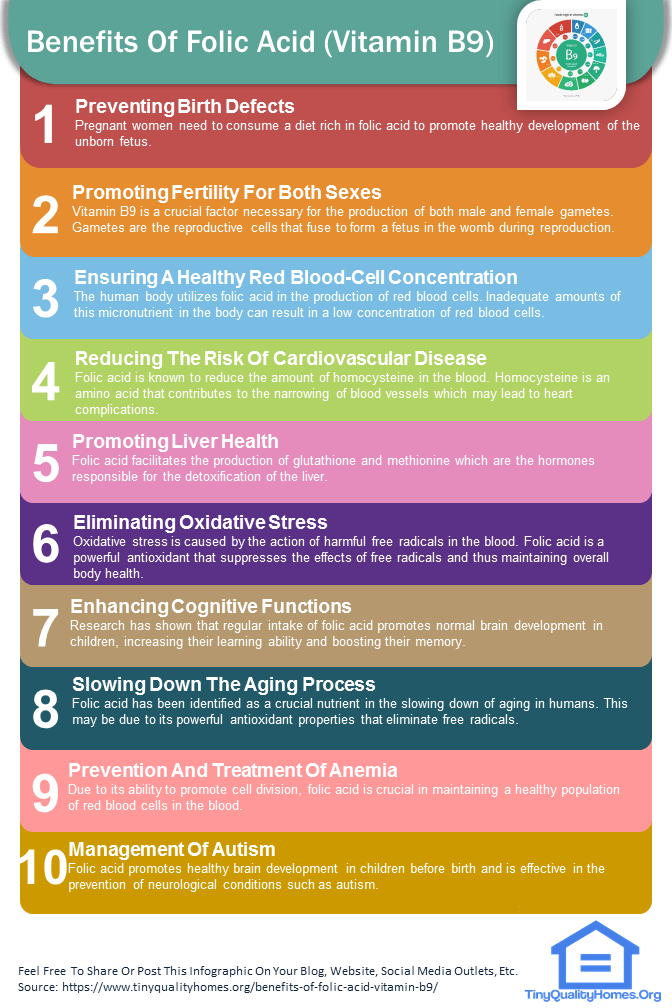
If a small dose does not improve sleep, the dosage may be increased. Most studies favor doses of 6 mg or less. Some experts recommend a low dose of melatonin (0.5mg) 2-5 hours before bedtime to reset the internal clock. Talk to your doctor about the best time to take melatonin for your child.
What are the risks of taking melatonin?
Melatonin is not addictive and most children tolerate it well.
Melatonin may cause unwanted side effects in some children, including nightmares, drowsiness, headache, indigestion, dizziness during the day, low blood pressure, nocturnal enuresis, or lethargy on waking. One study reported that melatonin may affect seizure control, but recent studies have shown that melatonin does not increase the risk of seizures and, on the contrary, may reduce seizures. It does not interact with anticonvulsants. In rare cases, children may become more active while taking melatonin and their sleep problems may increase. Melatonin is not safe during pregnancy and breastfeeding.
I think melatonin can improve my child's sleep, what should I do next?
The first step is to start working on improving your child's sleep habits. Determine the desired time for falling asleep and waking up the child and strictly adhere to these time frames. Develop and start implementing a daily soothing routine to prepare for sleep. Make sure you respond consistently to your child's nighttime awakenings. Such methods should be used at the same time as any drug or supplement to improve sleep.
It is very important to talk to your doctor before starting any new drug or dietary supplement. This also applies to melatonin.
This is because melatonin does not help with all types of sleep disorders. It may interact with other drugs or supplements your child is already taking. The doctor can review the child's medical history and sleep habits. Sometimes sleep can be improved by treating certain medical problems, such as indigestion or snoring. Working on habits before going to bed also improves sleep. It is important to consider these options before starting melatonin.
It is important to consider these options before starting melatonin.
How do I know if melatonin is working?
If your doctor agrees that melatonin can help your child, it is very important to develop a plan to evaluate the effectiveness of melatonin. Develop such a plan with your doctor. You should keep a child's sleep diary and a week or two before starting melatonin you should record when the child fell asleep and when he woke up. It is also helpful to observe the child's behavior throughout the day.
Improving nighttime sleep can reduce sleepiness, normalize attention and activity levels during the day. On the other hand, the behavior of other children does not change when taking melatonin, even if they begin to sleep better.
Are there different types of melatonin?
There are two types of melatonin: the standard form and the extended form. In the preparation of prolonged action, melatonin enters the body within a few hours. Theoretically, long-acting melatonin could help children with autism who often wake up at night, but there have been no studies to date to support this.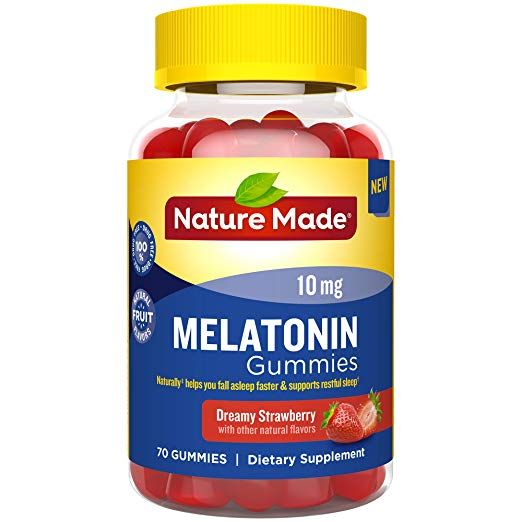
Melatonin is available in tablets, capsules and liquid form. Standard form melatonin tablets are swallowed whole, or they can be crushed into a powder that can then be added to a liquid. If the drug is available in the form of a capsule, it can be opened to add part of the substance to a drink or food. Talk to your doctor about which form of the drug is best for you. Liquid melatonin is not available in some regions.
Do I need a prescription to buy melatonin?
In most countries, melatonin preparations are available over the counter as dietary supplements. You may only need a prescription if your insurance covers the drug.
The fact that melatonin is sold without a prescription has a downside. Prescription drugs are much more heavily regulated than those classified as supplements. Often the volume and purity of melatonin in such preparations cannot be guaranteed. In reality, 1 mg from one manufacturer may not equal 1 mg from another. Talk to your doctor or pharmacist before buying any drug.
How long will my child take melatonin?
If your child has any serious side effects, stop taking melatonin immediately. Report any side effects to your doctor to determine if you can continue taking melatonin.
Stop taking melatonin if your child's sleep does not improve even at the maximum dose recommended by your doctor. There are other methods of correcting sleep disorders if melatonin does not help.
You can continue taking melatonin as long as it helps your child sleep. Because a child's sleep patterns change as they get older, you may want to try reducing or stopping your melatonin dose from time to time. It is best to stop taking melatonin if your child does not have significant problems during the day, and it is okay if he does not get enough sleep. If the sleep problems start again after stopping melatonin or lowering the dose, you can start again at the dose that helped your child sleep well.
More research is needed on the long-term effects of melatonin supplementation and how it affects not only children but also adolescents with autism.
